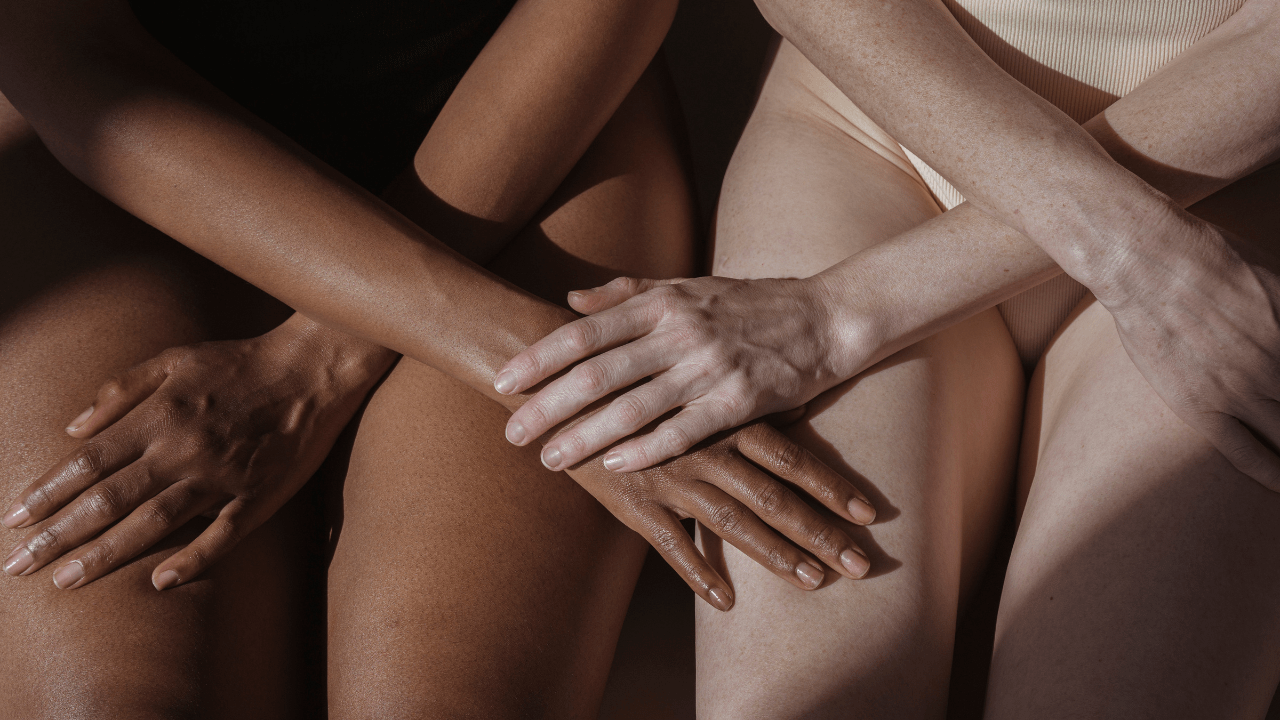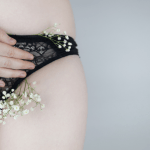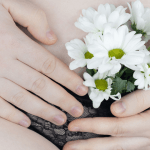Do you struggle with bacterial vaginosis?
Bacterial vaginosis is a type of vaginal inflammation caused by the overgrowth of bacteria naturally found in the vagina, which upsets the natural balance. Women in their reproductive years are most likely to get bacterial vaginosis, but it can affect women of any age.

The cause isn’t completely understood, but certain activities such as unprotected sex, frequent douching, and use of most lubes on the market that are full of chemicals increase your risk as they upset the vagina’s delicate flora balance. The postmenopausal vaginal environment, including vaginal atrophy, may also contribute to a shift in the colonization of the microbes that may cause vaginal infections in older women.
Let’s take a look at the vaginal environment. During reproductive years, our vagina’s pH is between 3.5 and 4.5. After menopause, the pH of our vagina rises to about 4.5 and even as high as six. This can create an environment that increases the risk for bacterial vaginosis.

Bacterial vaginosis results from overgrowth of one of several bacteria naturally found in your vagina. Usually the good bacteria, lactobacilli, outnumber bad bacteria, which are anaerobes. If there are too many anaerobic bacteria, they can upset the natural balance of microorganisms in your vagina and cause bacterial vaginosis. Make sure you use a pH balance product for the pH in your vagina and be aware that not all natural ingredients have appropriate pH for the vagina. For example, coconut oil.
Also be aware of using scented sprays, scented toilet paper, scented tampons and pads, soap, bubble bath, lotions, laundry detergents, and fabric softeners – the same chemicals that color and scent the products can also cause irritation in your vaginal area. And if your skin is already inflamed, you may be more susceptible to bacterial vaginosis.







